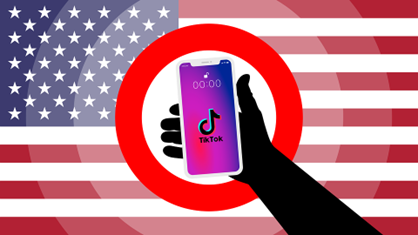
Last week, the FBI issued a warning to iPhone and Android users recommending the use of encrypted messaging platforms like WhatsApp, Signal, and Facebook Messenger instead of traditional texting. The advisory highlighted a security concern, emphasizing the need for these platforms to adopt “responsibly managed” encryption that allows legal access to data through lawful court…
Read more
The Three Mile Island power plant in Middletown, Pennsylvania, site of the most significant nuclear accident in U.S. history, is set to reopen. The plant will now serve a new purpose—powering Microsoft’s data centers, which are crucial for the company’s cloud computing and artificial intelligence operations. Constellation Energy, known as the largest producer of clean,…
Read more
Google recently opened access to Bard, an experimental generative AI to bring experiences to individuals, companies, and neighborhoods. Google touts Bard as a way to improve productivity, satisfy curiosity, and bring ideas to the forefront. Bard can help people reach goals, explain quantum physics, or summarize articles. Research Large Language Models (LLMs) can learn from…
Read more
TikTok CEO Shou Zi Chew faces skeptical Washington lawmakers pertaining to the company’s ties to the Chinese government. Owned by Chinese company ByteDance, TikTok is under serious pressure as government officials in Washington, the United Kingdom, and Canada was forced to delete the application from their smartphones and tablets. In the United States, President Joe…
Read more
Google Chrome and Microsoft Edge are two Internet browsers that use extended spellcheck features to transmit form data, including Personally Identifiable Information (PII) and passwords to their parent companies. While this feature is intended to assist the browser user, it does raise privacy concerns and calls the efficacy of password protection to question. “Spell-jacking” is…
Read more
“Zero-day” is becoming a more popular term to describe recently discovered security vulnerabilities exposed by hackers and used to infiltrate computer systems. The phrase refers to the fact that developers just detected the breach and insinuates that they have zero days to fix it. Zero-day threats are unprecedented virus attacks that exploit either a new…
Read more